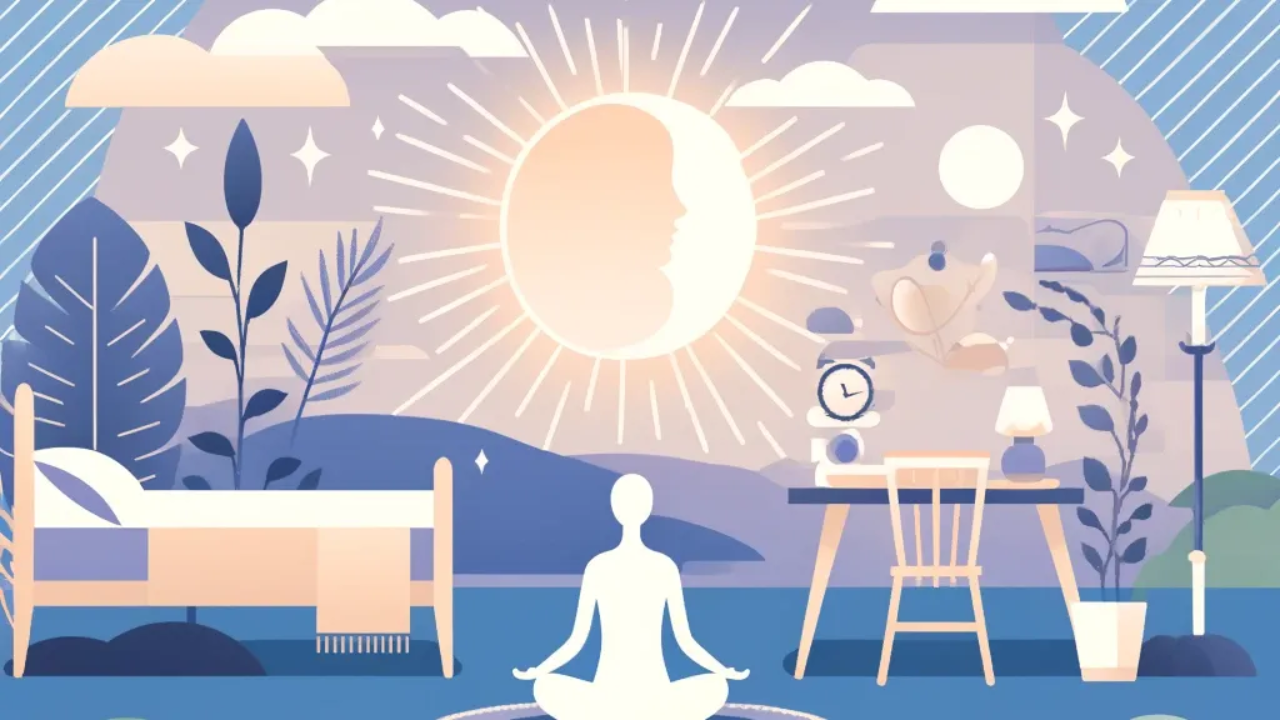Whether it's shift work, a sudden emergency, or unexpected overtime, being an emergency responder is no short of challenges. The demanding nature of this job not only tests physical stamina and emotional strength but also makes it difficult to maintain a healthy diet, which in turn impacts sleep qua...
The notion of having a couple of alcoholic drinks in the evening just to “help your body unwind and fall asleep faster” may sound familiar to many; however, it's far from ideal, especially for those of you in high-stress, high-stakes professions. While the immediate sedative effects of alcohol might...
Caffeine, often hailed for its alerting effects, is a double-edged sword for emergency responders. While it’s one of the most widely used tools for making you feel limitless, your reliance on caffeine to stay awake during long shifts can lead to insomnia and anxiety, spiralling into a cycle of poor ...
Understanding the close relationship between exercise and sleep can be a game changer when you often juggle unpredictable schedules with high levels of stress and physical demands. Insights from a recent study, utilising a 10-week physical activity program designed specifically for emergency resp...
Staying hydrated might seem like a no-brainer advice—akin to saying "breathe air to live." However, for emergency responders, whose jobs often involve high adrenaline and high stress, staying properly hydrated ends up on the back burner. "I just didn't have time" is a common excuse heard among those...
Social connections are emerging to be one of the most important aspects of human well-being and longevity, a truth underscored by the current loneliness epidemic gripping both the UK and the US. For emergency responders, the significance of these connections, both at home and at work, cannot be over...
Getting a good night’s sleep is not just a matter of personal comfort but a critical component of your ability to perform under pressure. Implementing effective sleep hygiene practices offers a tangible and evidence-based strategy for improving sleep quality, enhancing recovery, and reducing fati...
There's no shortcut or hiding from being exposed to stress. Navigating a landscape where stress at work isn't just about meeting deadlines but involves constant exposure to danger, making crucial decisions under pressure, and more often than not, dealing with the aftermath of critical incidents m...
Light plays a more important role in our health than is often given credit for. It’s one of the most important things for regulating our circadian rhythm—the internal clock governing nearly all biological processes, including our sleep-wake cycles, hormone release, and alertness levels. This connect...
Statistics reveal that 1 in 5 people in the UK report having poor work-life balance, a statistic that is even more pronounced among emergency first responders. However, finding balance between work and personal life is often easier said than done. Numerous studies have highlighted the significant ch...











